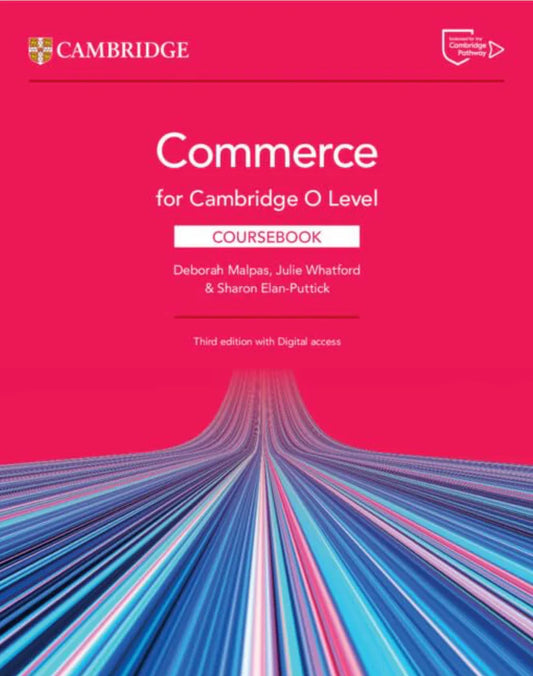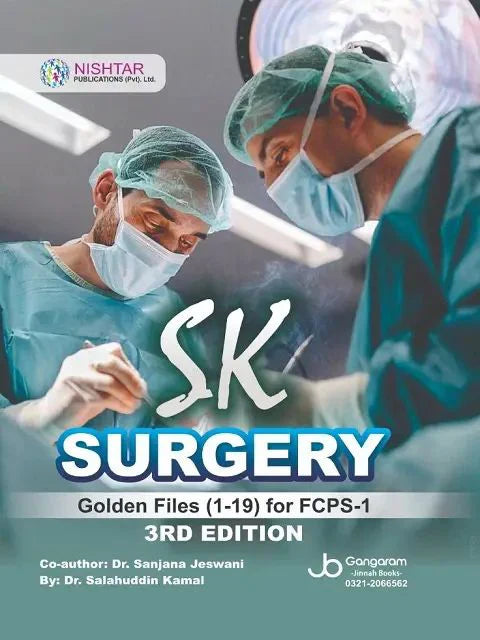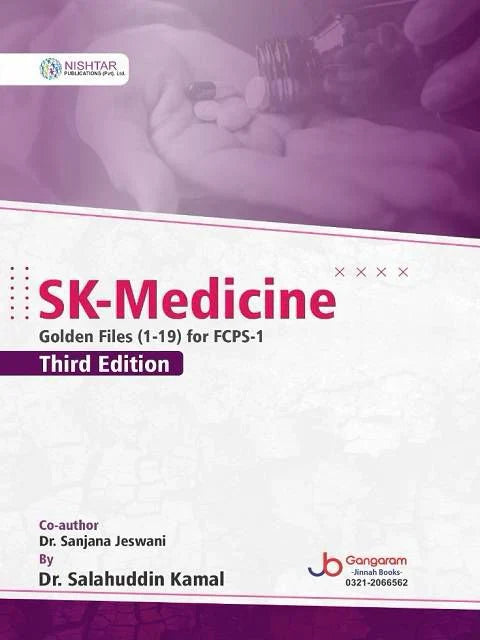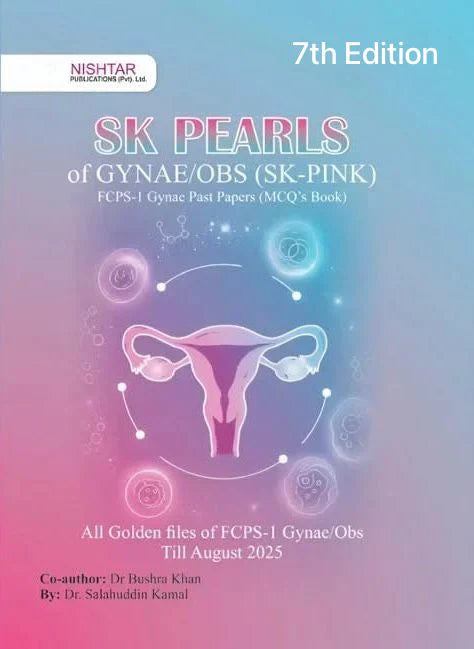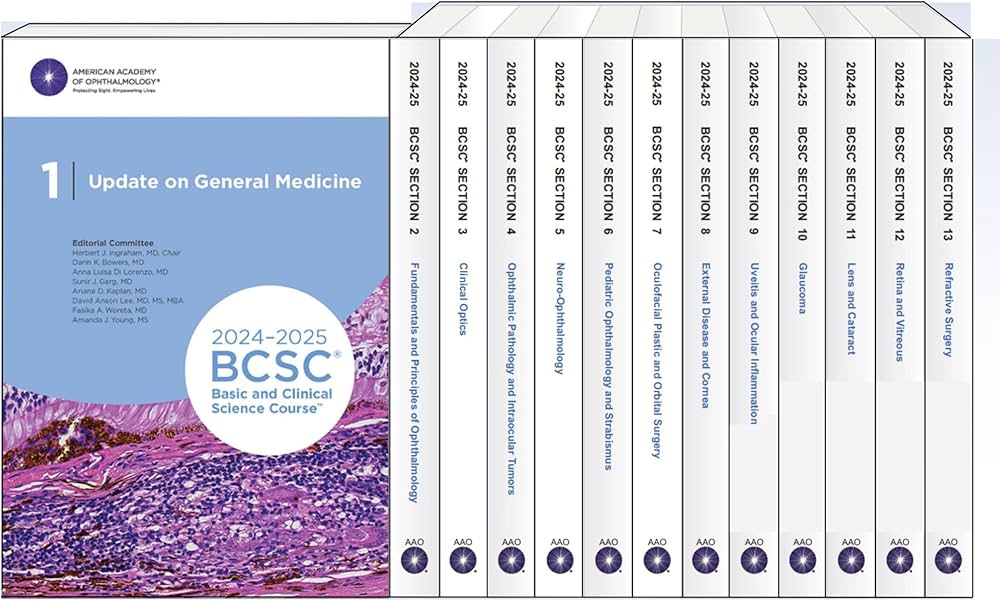
Discover the AAO Basic and Clinical Science Course (BCSC) 2024-25: A Comprehensive Guide to Ophthalmology
For ophthalmology professionals and students, staying updated with the latest advancements and clinical practices is crucial. The American Academy of Ophthalmology (AAO) has long been a reliable source of cutting-edge knowledge in the field. Their Basic and Clinical Science Course (BCSC) is a trusted resource, delivering in-depth material on various subspecialties in ophthalmology. The 2024-25 edition, now available on Javed Books, is a must-have for anyone serious about advancing their ophthalmic knowledge.
Here’s a breakdown of the 13 sections of the BCSC 2024-25, each offering critical insights into different areas of ophthalmology.
1. Section 01: Update on General Medicine
This section covers the foundational principles of general medicine that have applications in ophthalmology. Topics such as systemic diseases, their ocular manifestations, and patient management strategies are explored in depth.
Why it’s important: Understanding the intersection of systemic health and eye conditions is essential for holistic patient care.
2. Section 02: Fundamentals and Principles of Ophthalmology
Delve into the core principles of ophthalmology, including anatomy, physiology, and embryology of the eye. This section also includes essential information on clinical examination techniques and diagnostic tools.
Why it’s important: This section is a cornerstone for those beginning their journey in ophthalmology, offering a solid foundation in the basic science behind eye care.
3. Section 03: Clinical Optics and Vision Rehabilitation
Focusing on the science of light and its interaction with the eye, this section covers essential concepts in clinical optics, including refraction, visual acuity, and visual rehabilitation techniques for patients with low vision.
Why it’s important: Mastery of optics is critical for proper diagnosis and treatment of refractive errors and other vision issues.
4. Section 04: Ophthalmic Pathology and Intraocular Tumors
Gain an understanding of eye diseases at the tissue level, focusing on ocular pathology and intraocular tumors. The section also includes diagnostic strategies and treatment options.
Why it’s important: Knowing the histopathological aspects of eye diseases is key for accurate diagnosis, especially in cases involving malignancies.
5. Section 05: Neuro-Ophthalmology
Neuro-ophthalmology bridges the gap between neurology and ophthalmology, addressing conditions where the nervous system affects vision. This section covers disorders like optic neuropathies, cranial nerve palsies, and visual field defects.
Why it’s important: Neurological issues can manifest in the eyes, and understanding this connection helps provide comprehensive care.
6. Section 06: Pediatric Ophthalmology and Strabismus
This section explores common and rare eye conditions in children, including amblyopia, strabismus, and congenital eye diseases.
Why it’s important: Pediatric eye care requires specialized knowledge, and early diagnosis is key to preventing long-term vision problems.
7. Section 07: Oculofacial Plastic and Orbital Surgery
Learn about the intricate surgical procedures related to the eyelids, tear ducts, and orbit. This section covers both functional and cosmetic aspects of oculofacial plastic surgery.
Why it’s important: Mastery of oculofacial techniques is vital for addressing both medical and aesthetic concerns in eye care.
8. Section 08: External Disease and Cornea
Covering diseases of the external eye, cornea, and conjunctiva, this section includes insights on diagnosing and managing infections, inflammatory conditions, and dystrophies of the cornea.
Why it’s important: The cornea is essential for vision clarity, and its diseases can lead to significant vision loss if untreated.
9. Section 09: Uveitis and Ocular Inflammation
Explore the causes, diagnostic approaches, and treatment options for uveitis and other inflammatory eye conditions.
Why it’s important: Uveitis can cause severe vision impairment, making early diagnosis and appropriate treatment critical.
10. Section 10: Glaucoma
This section offers a thorough exploration of glaucoma, a group of conditions that can lead to irreversible blindness. Learn about the latest diagnostic techniques and treatment options, including surgical procedures.
Why it’s important: Early detection and treatment are key to preventing the progression of glaucoma, making this section indispensable.
11. Section 11: Lens and Cataract
Covering lens-related disorders, particularly cataracts, this section details the pathophysiology, diagnosis, and management strategies, including the latest in cataract surgery.
Why it’s important: Cataract surgery is one of the most common procedures in ophthalmology, and staying updated on the latest techniques is essential.
12. Section 12: Retina and Vitreous
Dive into retinal diseases, including diabetic retinopathy, age-related macular degeneration, and retinal detachment. This section also covers the vitreous body and related conditions.
Why it’s important: Retina specialists will find this section particularly valuable for managing complex retinal conditions.
13. Section 13: Refractive Surgery
This section focuses on surgical techniques to correct refractive errors, including LASIK, PRK, and newer procedures. It provides a detailed overview of patient selection, surgical methods, and postoperative care.
Why it’s important: As demand for refractive surgery grows, staying updated on the latest advancements is crucial for offering optimal patient care.
Conclusion
The AAO Basic and Clinical Science Course (BCSC) 2024-25 is an essential collection for anyone involved in ophthalmology, from students to seasoned professionals. Each section offers a deep dive into the specific subspecialties, equipping readers with the latest knowledge and clinical practices to enhance their expertise.
Visit Javed Books to explore and purchase individual sections or the complete set, and stay at the forefront of ophthalmic care.




